Industry
Client
The Impact of AI Model Influencers in Sports Marketing Campaigns
AI-generated influencers are changing how brands approach sports marketing. These virtual personas offer an alternative to traditional athlete endorsements, allowing brands to maintain full creative control while engaging fans in new ways.
What Are AI Model Influencers?
AI model influencers are digital characters created using advanced CGI and artificial intelligence. Unlike human influencers, they don’t age, don’t get injured, and don’t come with the risks of personal scandals. They exist purely to engage, influence, and promote.
Brands such as Nike and Adidas have explored AI-driven content, and AI-generated influencers like Lil Miquela have worked with global brands, blurring the lines between fiction and reality.
How AI Influencers Are Used in Sports Marketing
Brand Ambassadors – AI influencers can represent sports brands without the unpredictability of human athletes. Their image and messaging remain fully controlled.
Fan Engagement – These digital personalities can interact with fans 24/7, responding to comments and participating in social conversations.
Product Promotion – AI influencers can showcase kits, trainers, and merchandise in custom-generated visuals or videos, driving engagement and sales.
Campaign Longevity – Unlike real athletes with changing careers, an AI influencer remains relevant as long as the brand chooses.
The Benefits of AI Model Influencers
Complete Brand Control – Teams and brands dictate exactly how the influencer looks, speaks, and interacts with fans. There’s no risk of off-message behaviour.
Cost Efficiency – Once developed, AI influencers eliminate the need for expensive long-term sponsorship deals.
Global Reach – AI models can be programmed to speak multiple languages, making them ideal for international campaigns.
No Injuries, No Scandals – Unlike real athletes, AI influencers won’t miss games or face PR issues that damage brand perception.
The Challenges of AI Influencers in Sports
Authenticity Concerns – Some fans prefer genuine human connections. AI influencers lack real-life experiences, which can make interactions feel less meaningful.
Ethical Questions – Transparency is critical. Brands must be upfront about an influencer being AI-generated to avoid misleading audiences.
Technical Complexity – High-quality AI influencers require significant investment in design, animation, and AI-driven interaction systems.
The Future of AI Influencers in Sports
As AI technology improves, expect to see AI influencers becoming more lifelike and interactive. Sports brands may start integrating AI-driven personas into campaigns, customer service, and even virtual events. The key to success will be finding the balance between innovation and maintaining the authenticity that fans value.
Brands that get it right will have a powerful new tool to engage audiences, drive sales, and control their messaging—without the unpredictability of human influencers.
More of our insights…

Untapped Revenue in Social
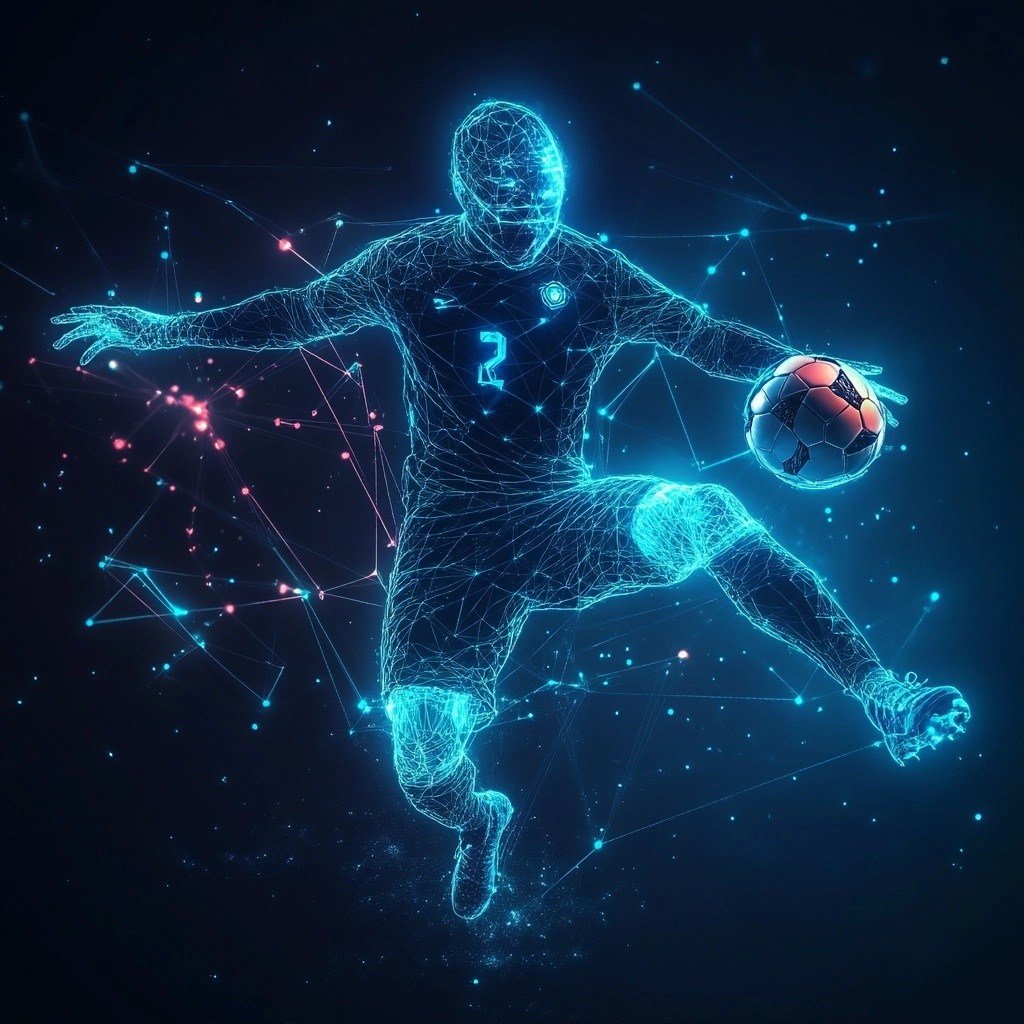
AI & Sports Marketing
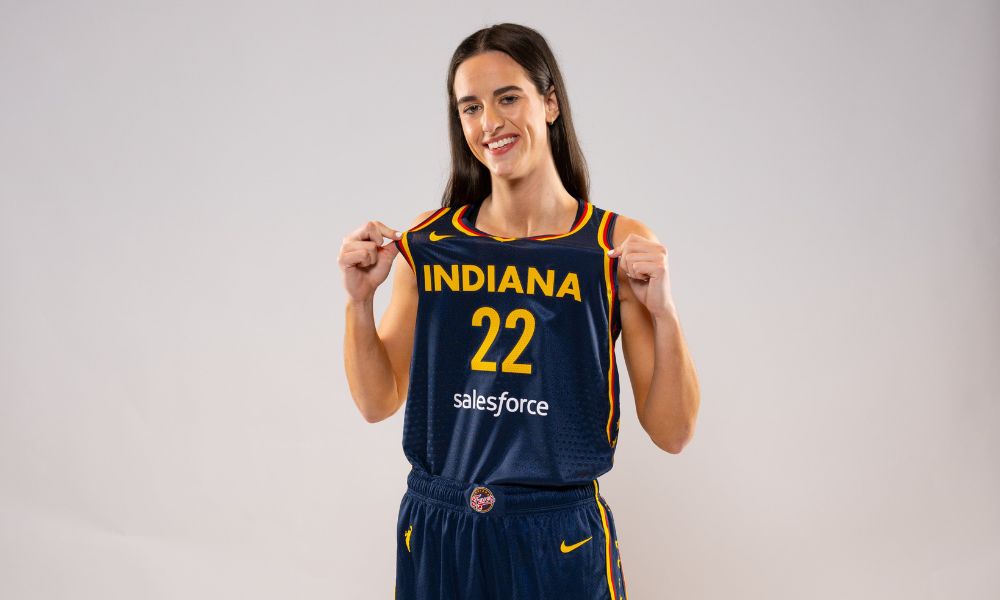
Who Invested in Women’s Sports

2024: Top 10 Sponsorship Deals
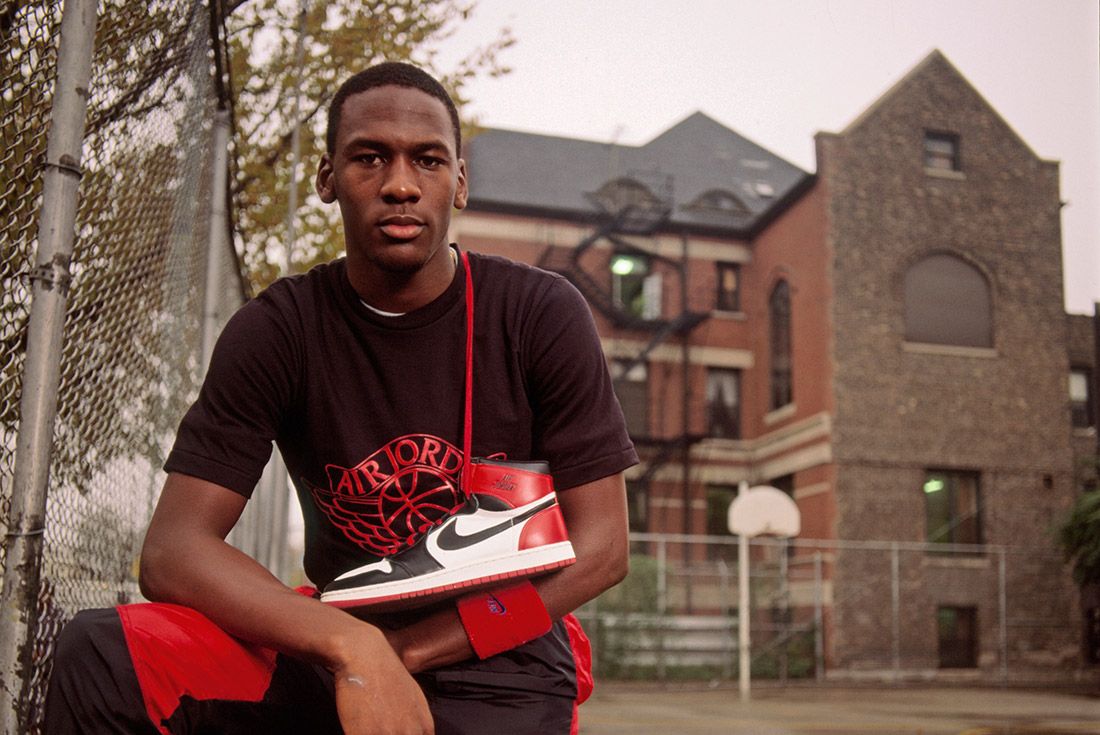
Sponsor Beyond Logo Placements
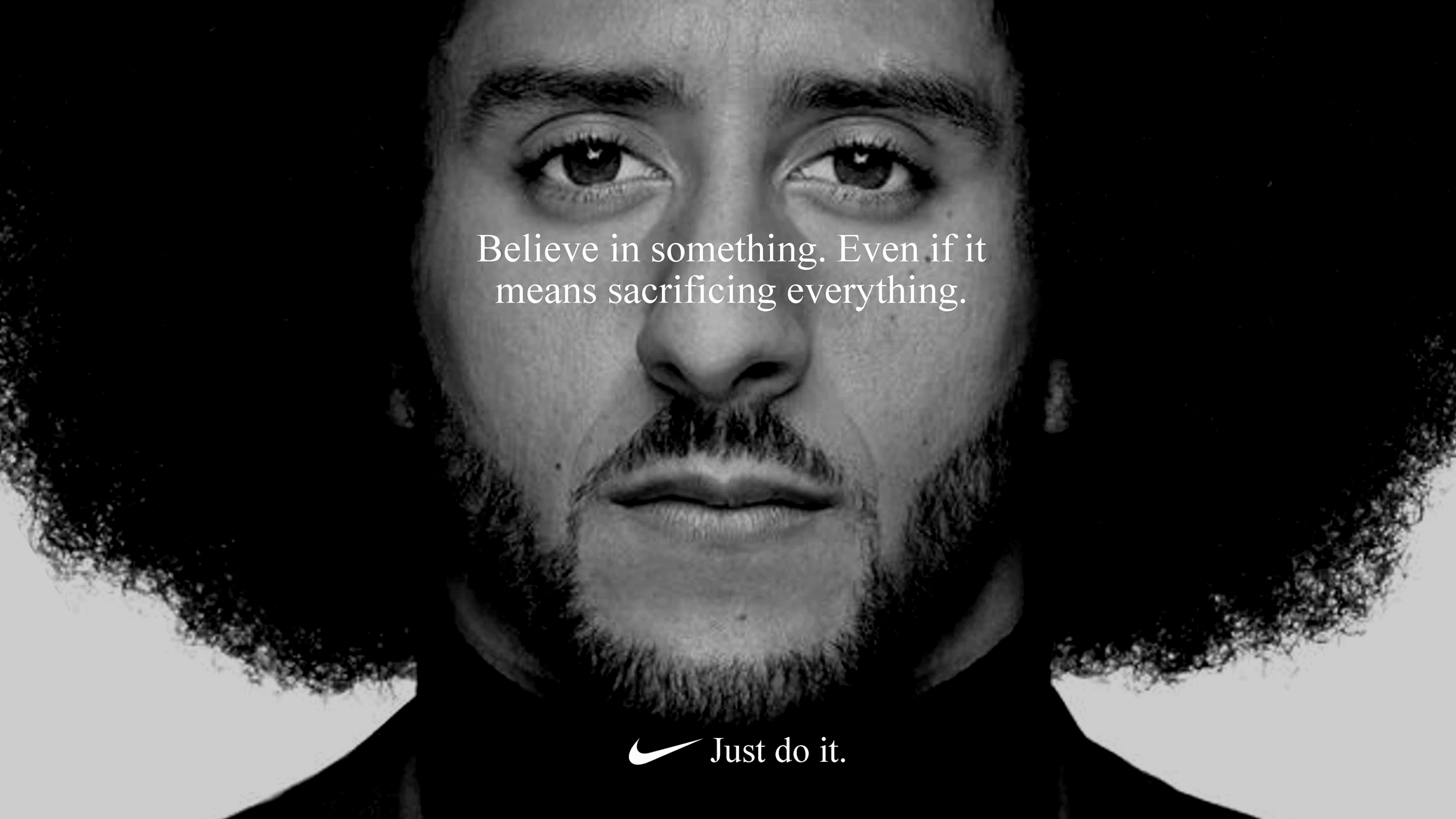
Purpose-Driven Campaigns
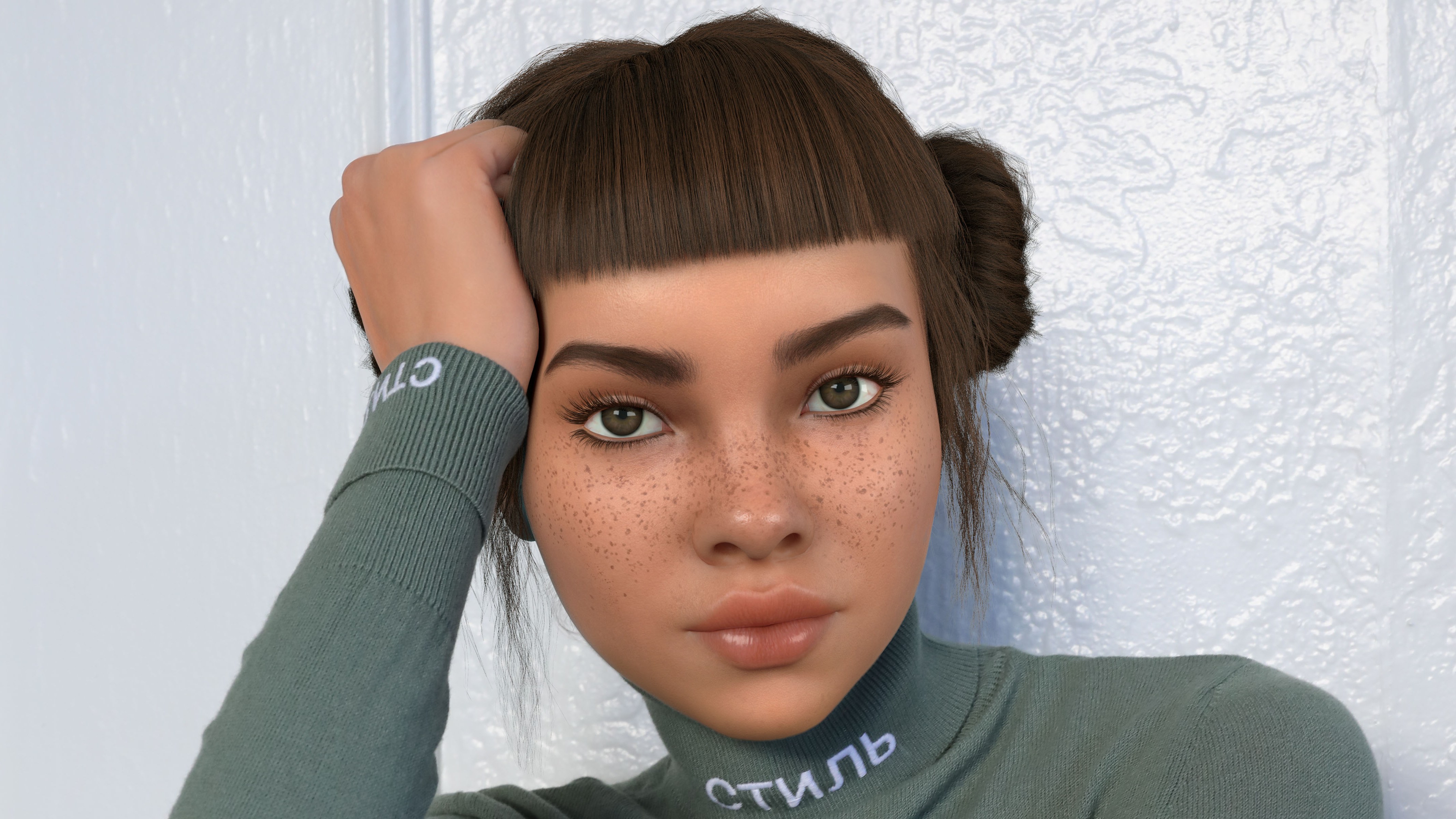
AI Model Influencers
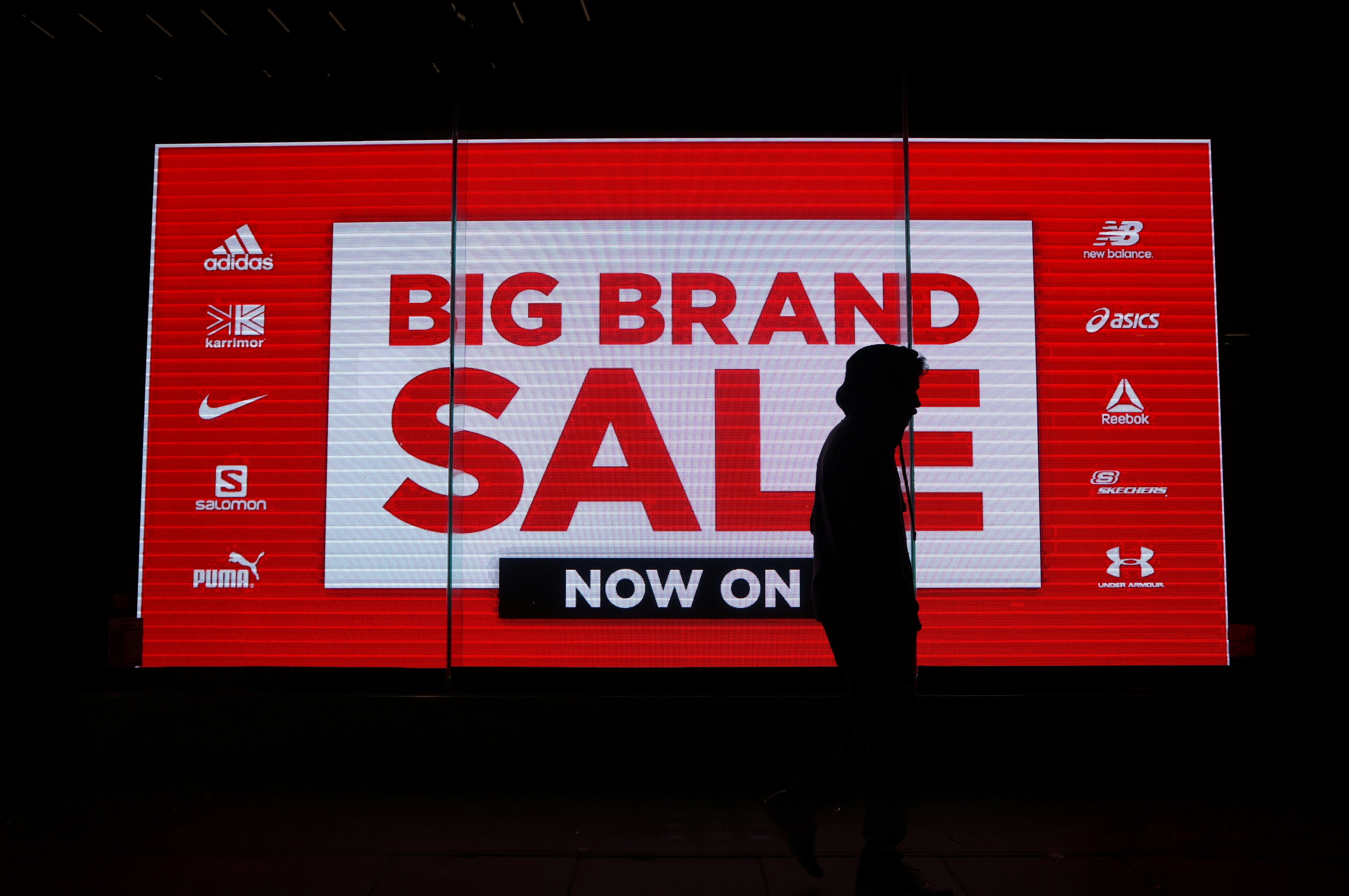
Social Commerce in Marketing
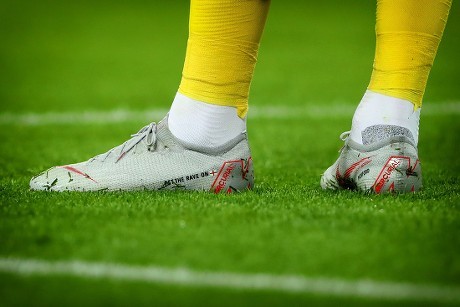
Hyper-Personal Sport Marketing

Stats in Womens Sport

Teams can get more from social

Creating good strategy

Why Relationships Matter

The Rise of Women’s Sports
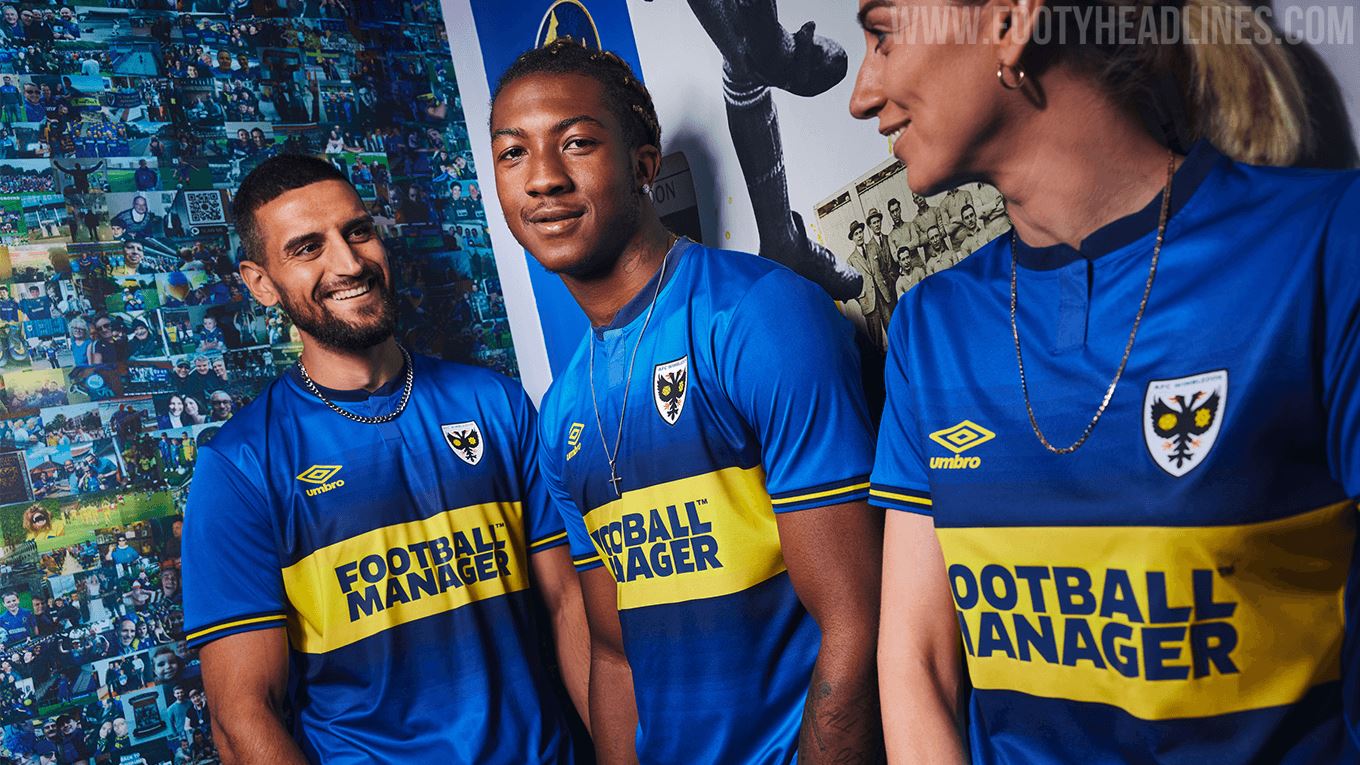
Strategise Your Kit Launch

Key 2024/25 Kit Launch Trends
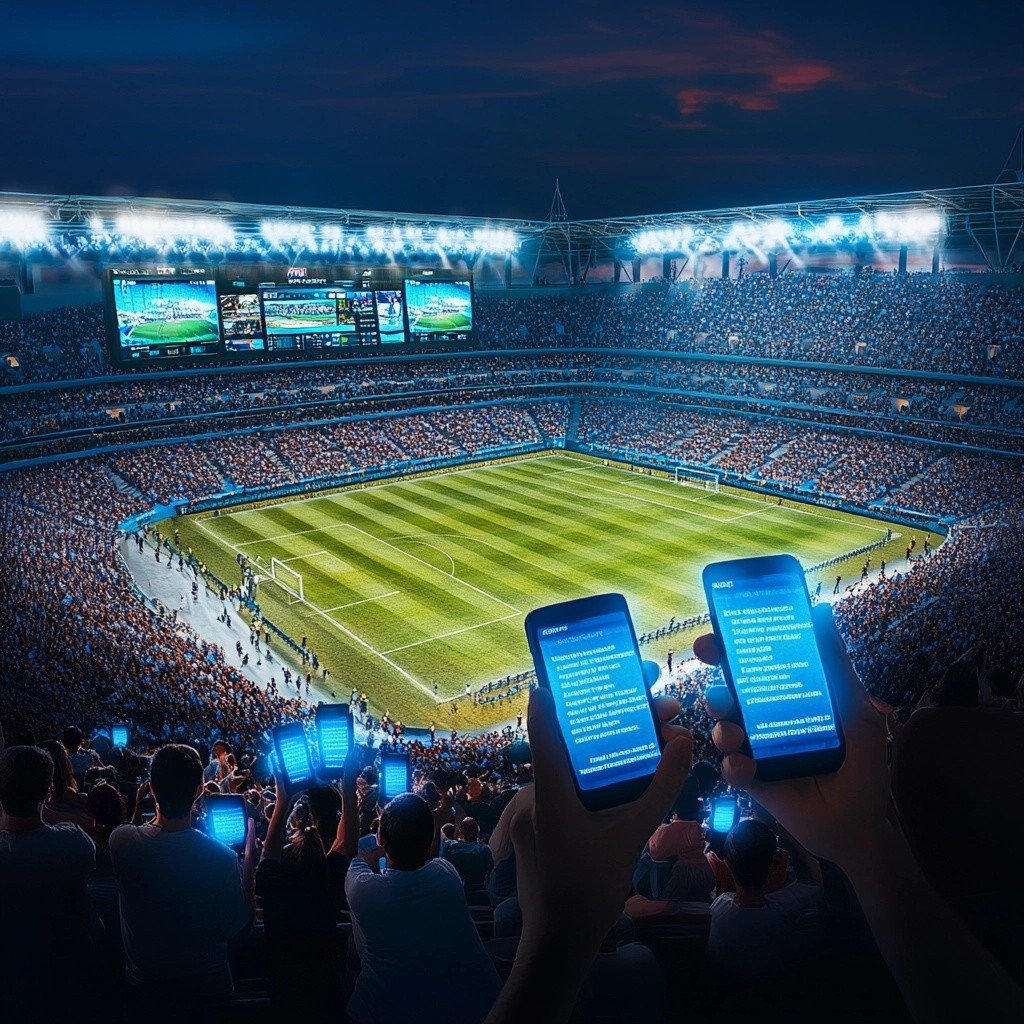
Why teams need sports agencies

How does Rugby change?